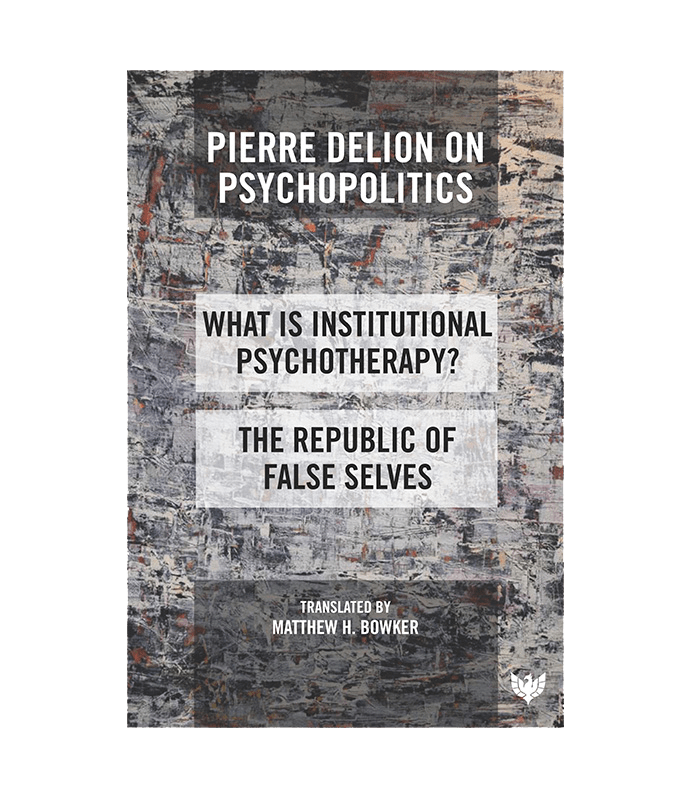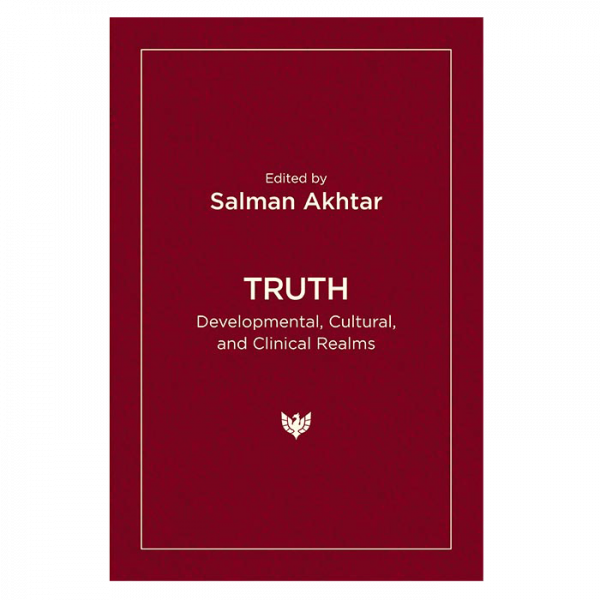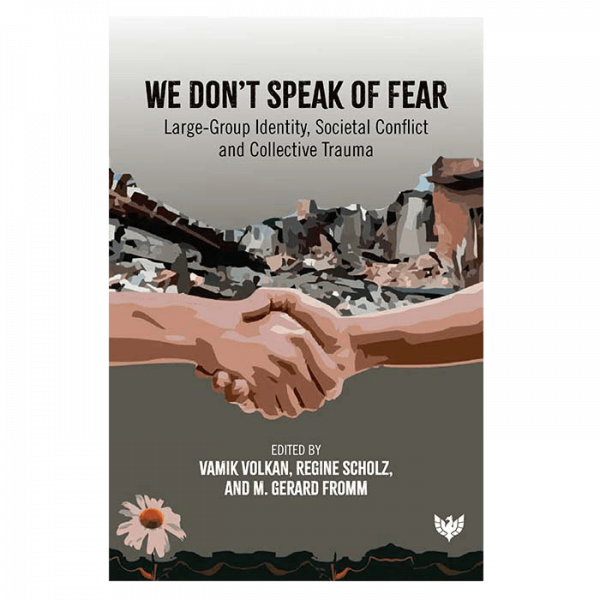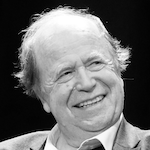Pierre Delion is Professor Emeritus in the faculty of medicine at Lille, a child psychiatrist, and a psychoanalyst. His work is as straightforward as it is affecting but is little read in the English-speaking world due to a lack of translation into English. Matthew Bowker, in his excellent translation, rectifies this unfortunate deficit to introduce English-language readers to the affecting and wide-ranging work of Pierre Delion through two of his best-known essays.
What is Institutional Psychotherapy? examines the psychiatric establishment and institution, arguing that for institutional psychotherapy to be effective, we must “care for the institution” just as we must attend to the “transferential constellation” of the patient, the latter of which emerges only when the institution respects all the voices (including the patient’s) involved in the patient’s care. And, as Delion duly notes: “What holds for person-to-person psychiatry also holds true for democracy.”
The Republic of False Selves maintains that our social bonds have been damaged or destroyed to the extent that the practice and meaning of democracy itself are now in question. Democracy, for Delion, “refers not only to forms of government, but also to a society based on freedom and equality, or more generally still, to a set of values: political, social, or cultural ideals and principles.” The democratic project, then, is threatened by contemporary political events, media images, neoliberal and techno-bureaucratic interventions, and even or especially the treatment of the mentally ill.
The combination of these two works into a single text invites readers to consider the broader political connections between the clinical institution and society as a whole. Delion’s careful thoughtfulness paired with his vast experience and understanding opens up new avenues of discovery to the reader.






Mileen Janssens, psychoanalyst in private practice, Ghent, Belgium –
‘In the small book The Republic of False Selves, Pierre Delion masterfully analyzed the historical conditions behind today’s deleterious public health situation before it took hold. Freedom of movement, of speech, of thought – in institutions, the minds of citizens, and in society as a whole – requires a democratic system. That these freedoms could be at risk is a shock to some. The concept that a human and – psychoanalytically thought – transferential psychiatric, teaching, and care system define the contours of democracy is the subject of Delion’s ongoing struggle and life’s work.’